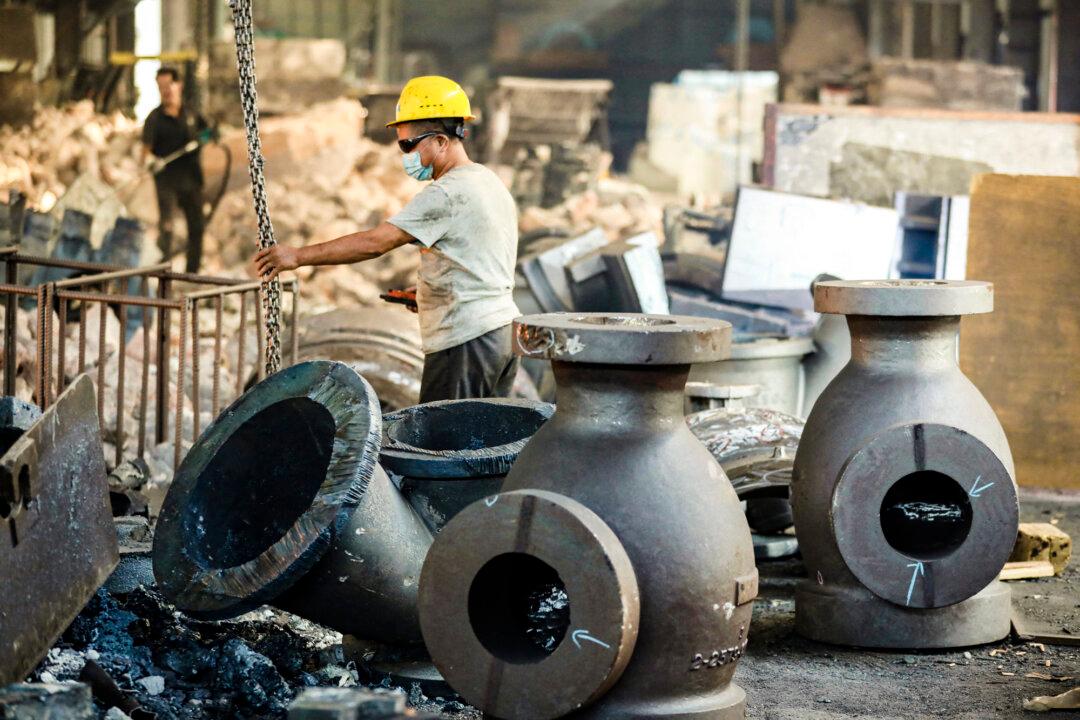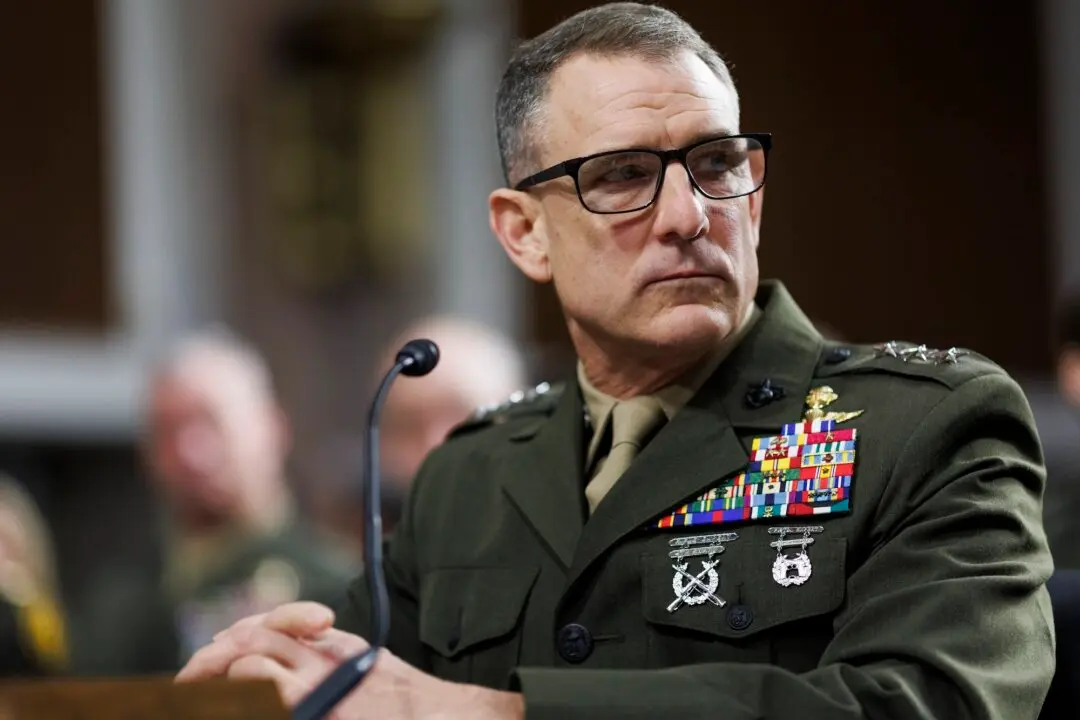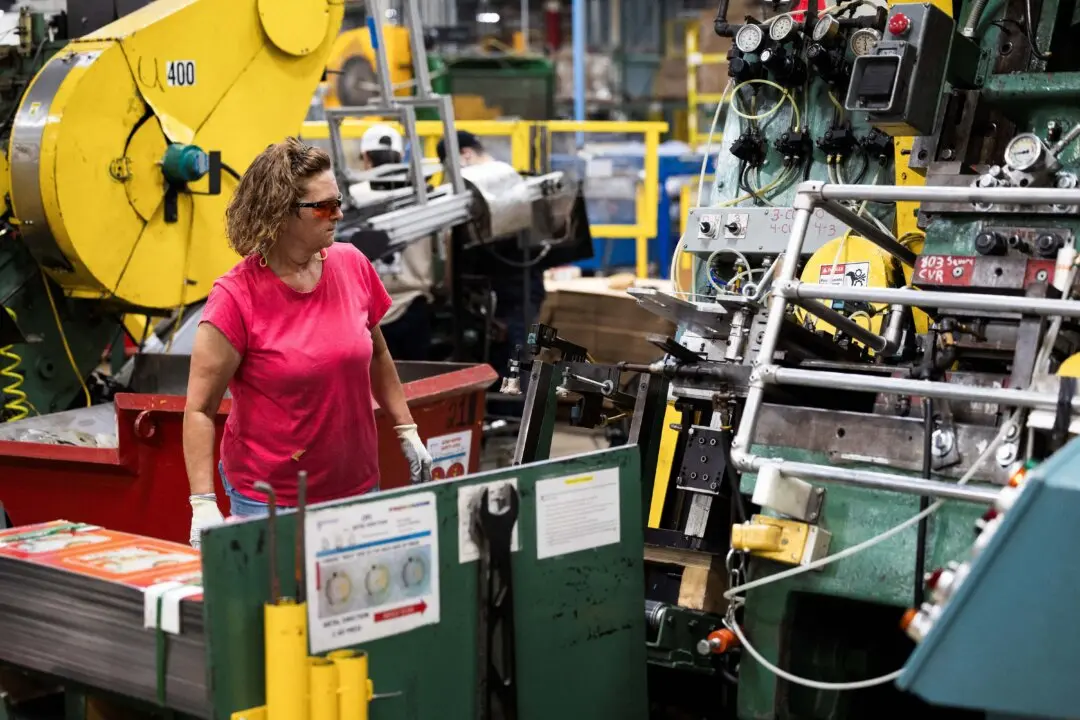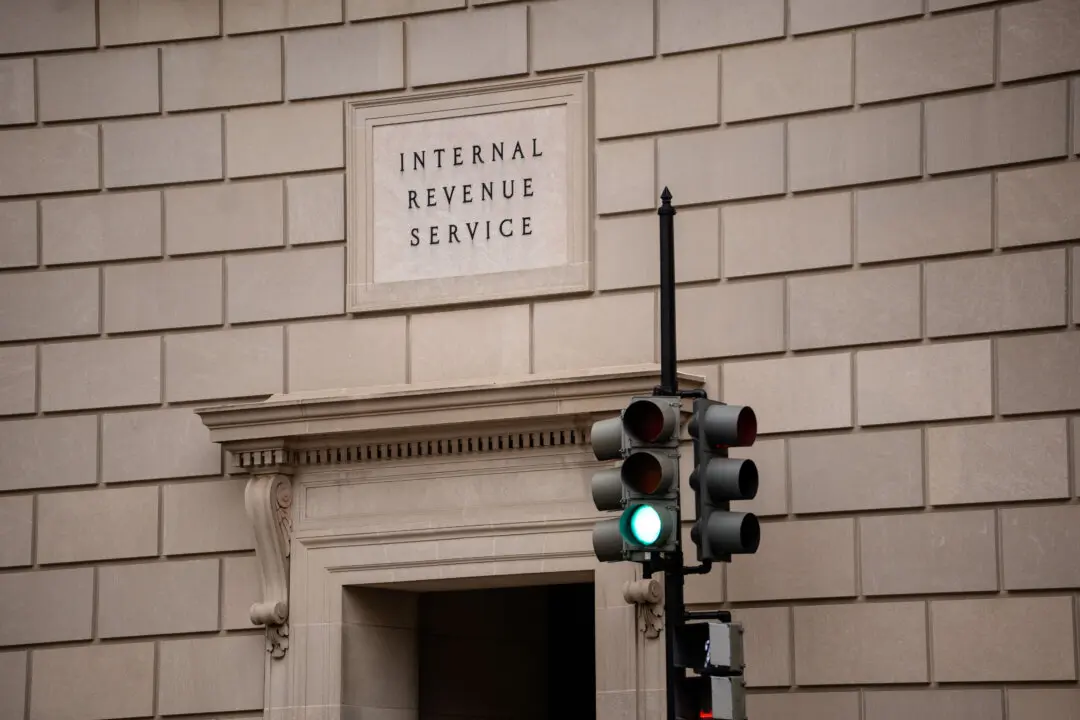Former Secretary of State Hillary Clinton has condemned armed protests in Michigan calling for an end to pandemic-related lockdowns, denouncing them as “domestic terrorism.”
Clinton shared a tweet on Friday about protests at the state legislature in Michigan, commenting: “Armed men storming a legislature to disrupt its democratic proceedings is domestic terrorism. It cannot be tolerated.”





